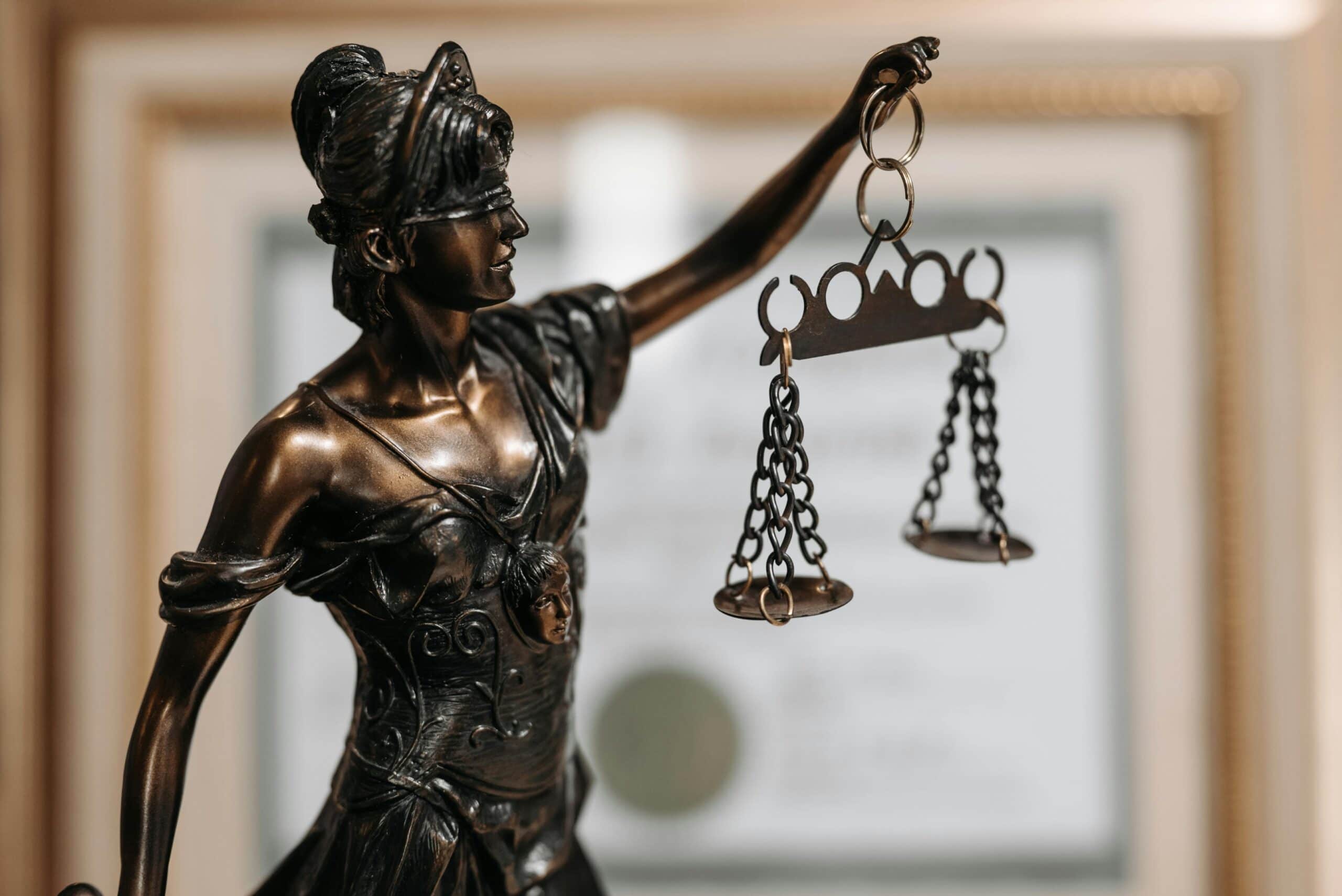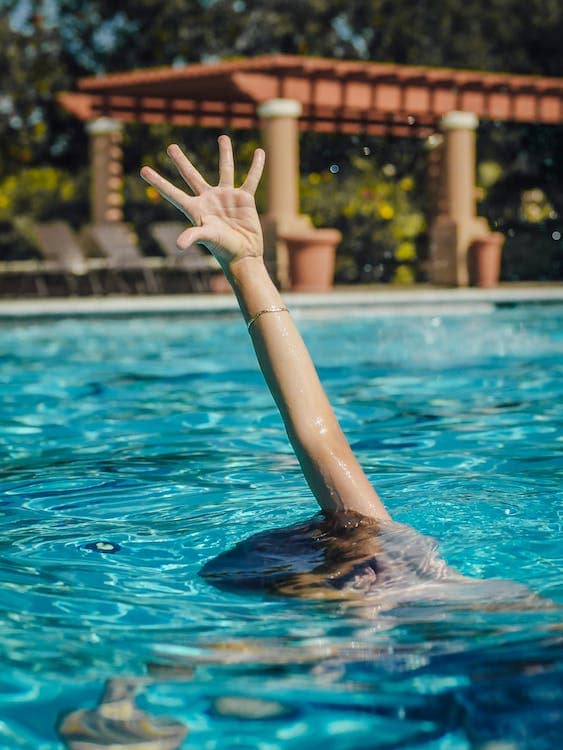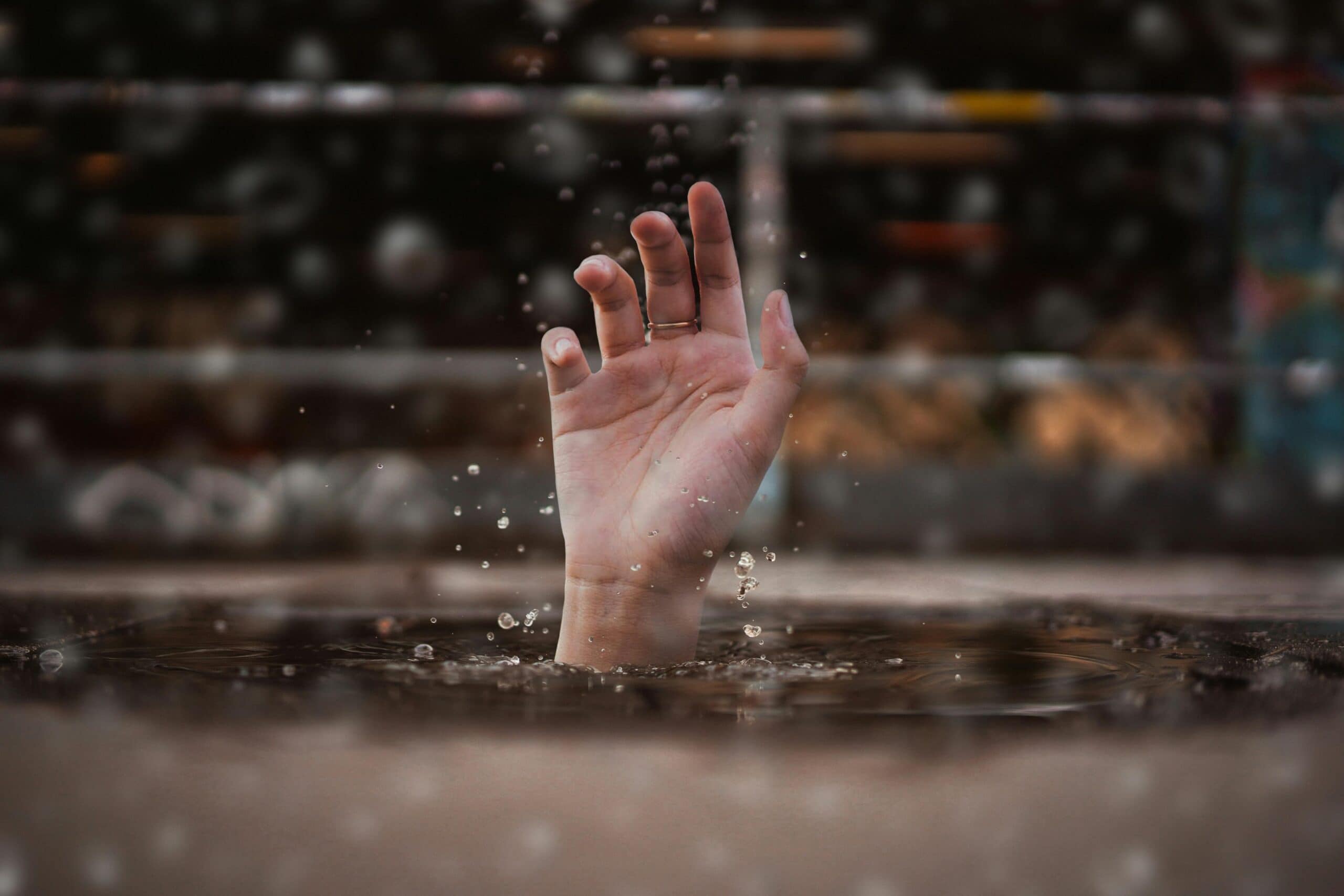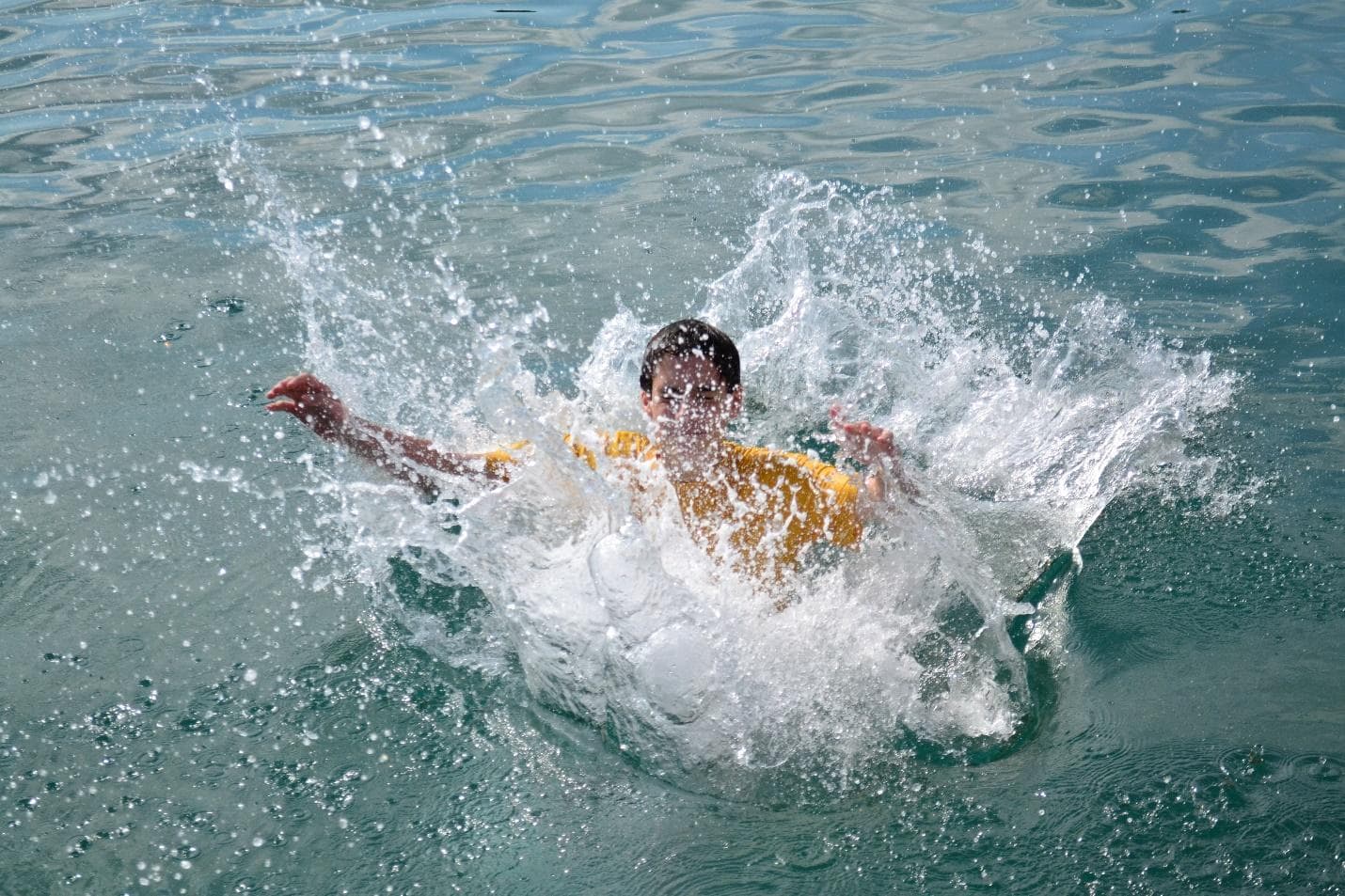
A routine afternoon at a pool or backyard gathering can quickly turn tragic when safety is compromised. In drowning accident cases, what starts as leisure can end in irreversible loss, often due to preventable factors.
How to prove negligence in a drowning accident case isn’t just about legal definitions; it’s about reclaiming what should have been safe. Behind almost every drowning accident, there’s more than bad luck. There’s a gate left unlatched. An unlicensed lifeguard. A warning sign that was never posted. And someone who chose to ignore the risk.
When a place meant for joy becomes the scene of a tragedy, the law cannot undo the pain, but it can hold negligent parties accountable. It asks whether someone breached a legal duty and whether that failure directly contributed to the drowning incident. And it gives families the tools to turn their grief into action.
If your loss resulted from a failure to follow safety laws or uphold basic care, that may constitute legal negligence. Proving this requires evidence that the responsible party breached their duty, and that breach led to the drowning.
So what would justice look like for you, for your family, for the next child who dives into the water? Maybe it starts right here.
Understanding Negligence in Drowning Accident Cases
In drowning accident cases, negligence means that someone failed to act with reasonable care and that failure directly led to the drowning injuries or death. This forms the core of a successful negligence claim.
To establish negligence, you must prove four legal elements:
- Duty of Care: The responsible parties (like a pool owner or facility operator) had a legal obligation to ensure safety.
- Breach of Duty: The defendant breached that duty, meaning they failed to exercise reasonable care.
- Causation: The breach directly caused the accident.
- Damages: The accident caused harm, such as physical injury, emotional distress, or death.
Who Can Be Held Liable in a Drowning Accident?
Several parties may be responsible in drowning cases, depending on where and how the accident occurred. Property owners, pool operators, landlords, and event organizers may all be held legally responsible.
Some scenarios where defendants can be held liable include:
- A pool owner failing to install a secure fence around a private swimming pool
- A hotel failing to post warning signs about deep water or slippery tiles
- A daycare center providing inadequate supervision during water play
- A landlord neglecting to maintain safety equipment like pool ladders or life-saving rings
The legal concept of premises liability often applies here. Under premises liability laws, property owners must exercise reasonable care in maintaining safe conditions. If the accident occurred because a property owner failed in that duty, they can be sued in a personal injury lawsuit or a wrongful death lawsuit.
Gathering Crucial Evidence at the Accident Scene
Evidence is the foundation of a strong drowning accident claim. Strong documentation makes it easier to prove negligence and secure fair compensation.
Start by securing the following:
- Photographs or video of the accident scene, including broken safety equipment, unclear warning signs, or barriers
- Witness statements from those who saw the accident or noticed unsafe conditions
- Medical records documenting the drowning injuries, treatment, or cause of death
- Incident reports from police or first responders
A thorough investigation might also involve examining maintenance records, pool permits, and prior complaints about the facility. These can demonstrate that the negligent parties knew about the risks and failed to act.
The Role of Safety Regulations and Proper Supervision
Local and state safety regulations require specific safety measures to prevent drowning deaths, especially in public or residential swimming pools.
These safety measures include:
- Installing fences and gates around pools
- Posting visible and understandable warning signs
- Maintaining safety equipment such as rescue hooks and flotation devices
- Providing adequate supervision, especially when children are present
In fatal drowning accident cases, a lack of proper supervision or non-compliance with these regulations can be powerful evidence of negligence. If an adult left children unattended near a pool without a lifeguard or a gate, that’s a clear breach of duty. If the safety equipment is broken or missing, it adds to the liability.
Legal Steps to Prove Negligence and Seek Compensation
Once you gather sufficient evidence, the next step is to pursue legal action. The legal process often includes:
- Filing a personal injury claim or wrongful death claim, depending on the outcome of the drowning incident
- Submitting all evidence that shows the defendant breached a legal obligation
- Showing through records and testimony how the accident happened—and how negligence caused it.
These cases may recover:
- Medical expenses and costs of emergency care
- Lost wages from missed work due to injuries or grief
- Non-economic damages like pain, suffering, and emotional distress
- Funeral and burial expenses in fatal drowning cases
By building a case that clearly shows the property owner failed to exercise reasonable care, you increase the chances of a successful outcome.
When a Drowning Accident Turns Fatal
In the most heartbreaking situations, drowning results in a wrongful death lawsuit. These cases seek justice not just for the victim, but for surviving family members who suffer emotionally and financially.
To succeed in such cases, plaintiffs must show that the drowning accident occurred because of preventable actions or inactions by the defendant. For instance, a landlord who ignored complaints about broken gate locks around a pool may be directly responsible for a child’s death.
Wrongful death claims can recover both financial and emotional losses, including:
- The value of lost companionship
- Mental anguish and trauma
- Lost future earnings or support that the victim would have provided
State Laws on Drowning Accident Liability: California, Nevada, and Colorado
Each state imposes a legal obligation on property owners and responsible parties to prevent avoidable harm. If a drowning accident occurs due to a breach of that duty, victims or their families may file a personal injury claim or wrongful death lawsuit.
Below are key legal standards from California, Nevada, and Colorado that support such claims:
California
California law holds individuals liable for injuries or death caused by their failure to use ordinary care in property maintenance or supervision. This includes drowning incidents caused by inadequate supervision, lack of warning signs, or defective safety equipment.
- Legal Reference: California Civil Code § 1714(a) highlights the general principles of negligence, but courts also evaluate factors like foreseeability, control, and prior incidents.
Nevada
Nevada allows individuals to seek compensation for personal injury or death caused by another’s wrongful act, neglect, or default, including fatal drowning accidents. This statute applies broadly and supports premises liability claims.
- Legal Reference: Nevada Revised Statutes § 41.130 governs premises liability, placing specific duties on property owners and operators to prevent foreseeable harm, including drowning accidents.
Colorado
Colorado law recognizes premises liability as the legal framework for holding property owners accountable when they fail to protect lawful visitors. If a drowning victim suffers harm due to unsafe conditions, the injured party may recover damages.
- Legal Reference: Colorado Revised Statutes § 13-21-115 outlines the premises liability framework, distinguishing the duties owed to trespassers, licensees, and invitees. A drowning claim hinges on proving that the owner failed to protect a lawful visitor under this statute.
Frequently Asked Questions About Drowning Accident Claims
What should I do after an accidental drowning?
Start by documenting everything. Take photos, gather witness details, and secure medical records. This evidence can support your drowning accident lawsuit and help prove liability. It’s critical to act quickly while the evidence at the accident scene is still fresh.
Can I file a personal injury lawsuit if the drowning wasn’t fatal?
Yes. If someone survives a drowning incident but suffers harm, you can file personal injury lawsuits to recover damages. These may include medical expenses, therapy costs, and compensation for emotional and physical trauma.
How can I find the right personal injury lawyer for a drowning case?
Look for an experienced drowning accident lawyer who understands premises liability, drowning claims, and local state laws. They’ll know how to evaluate evidence, identify responsible parties, and handle the legal process on your behalf.
Do I need to seek legal advice even if the case seems straightforward?
Absolutely. Always seek legal advice—even if the facts appear clear. A drowning claim often involves complex laws and multiple negligent parties, especially when private swimming pools or commercial facilities are involved.
What kind of compensation can I recover in a drowning accident lawsuit?
You may be entitled to both economic and non-economic damages. These can include medical expenses, lost wages, pain, suffering, and emotional trauma. Every case is different, so the exact compensation depends on the severity and outcome.
What role does pool equipment play in proving negligence?
Faulty or missing pool equipment, like rescue hooks or functioning gates, can show that the property owner failed to uphold safety standards. This evidence is critical when building your drowning accident lawsuit or personal injury claim.
How do I prove the property owner was responsible?
You must present sufficient evidence to show that the property owner failed to maintain safe conditions. That may include surveillance footage, maintenance logs, and proof that they ignored known hazards.
Take the First Step Toward Justice
No family expects to face the tragedy of a drowning accident. But when negligence turns a pool into a place of loss, the law offers a way forward. Proving negligence takes clarity, compassion, and evidence—but it also offers families a path toward healing.
At Bourassa Law Group, we understand the weight these cases carry. If a drowning accident occurred due to someone else’s failure to act, you don’t have to carry the burden alone. Our experienced personal injury attorneys can help you gather the crucial evidence, handle the legal process, and seek the fair compensation your family deserves.
Contact us today for a free consultation. Let’s hold negligent parties accountable—and make sure no one else suffers the same loss.





